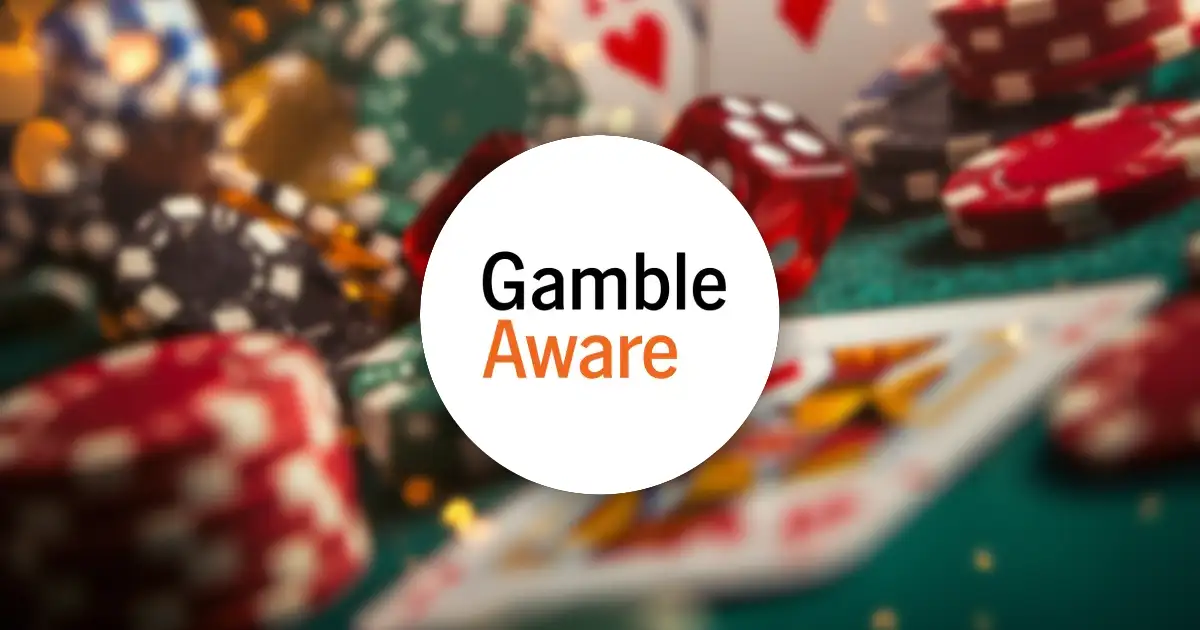Study: When responsible gambling advertisements become dangerous
A recent survey by Thinks Insight & Strategy, commissioned by the British charity GambleAware, has shaken up conventional wisdom: responsible gambling advertisements, designed to moderate behaviour, can sometimes be counterproductive. According to the study, 45% of people who viewed one of these messages felt that gambling seemed to be a risk-free, fun distraction, creating a false sense of security.
A rigorous methodology with troubling results
How did we get here? The study used a rigorous protocol: participants were randomly exposed to several types of videos (operator ads, GambleAware videos, neutral videos), and then researchers measured their urge to gamble using the Gambling Urge Scale (GUS).
The verdict is clear: compared to a neutral advertisement, the operators’ commercials actually increased the GUS score, indicating a stronger urge to gamble. On the other hand, a GambleAware video dedicated to reducing the stigma of gambling caused a significant decrease in the urge to gamble, particularly among those at highest risk.
Elliot Ludvig, a professor at the University of Warwick who contributed to the study, said:
“The study suggests that some safer gambling videos from gambling operators have a backfire effect, encouraging gambling and having the opposite effect to their intended purpose of helping people control how much they gamble.”
Changing the message for greater impact
The study does not just point out mistakes: it also outlines more promising approaches. Campaigns deemed effective emphasised the real negative consequences of excessive gambling, offered practical guidance (gambling limits, self-exclusion tools) and adopted an empathetic and emotional narrative tone.
Advertisements that encouraged reflection, seeking support, or recounting a personal experience seemed to resonate more with the public — without minimising or trivialising the risks.
Towards stricter regulation?
Alexia Clifford, Director of Communications at GambleAware:
“The gambling industry cannot be left to ‘mark its own homework’ on such an important issue. We need stronger legislation on gambling marketing and advertising.”
In the wake of this study, GambleAware is calling for responsible gambling campaigns to be regulated based on scientific evidence, rather than left to the discretion of operators.
Furthermore, their appeal echoes that of other voices calling for warnings on advertisements, such as ‘Gambling can be addictive’ or ‘Gambling has a cost’, which are considered much more effective than ‘Take Time To Think’.
A matter of public interest
What is at stake here goes beyond debates about advertising: it is society’s entire relationship with gambling that is in question. When an advertisement designed to protect actually reinforces the behaviour it claims to reduce, the risk is all the greater because it targets already vulnerable audiences, such as young adults or vulnerable individuals, who are often more receptive to reassuring communication codes.


